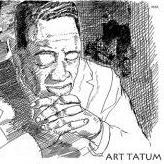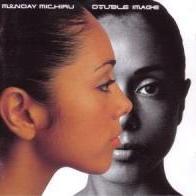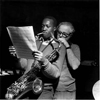What I'm saying now is just a spotty observation which may not be widely representative but it did strike me as surprising ...
Yesterday I set up a stall at a local fleamarket and of course displayed my two crates of vinyl for sale (about 75% jazz with an emphasis on swing, plus a good bit of bop, cool and classic/trad/oldtime jazz, the rest being 50s R'n'R, R&B/blues plus some Easy Listening). Not that I sold a huge lot, but it was amazing how many youngish browsers (from their late teens to mid-20s student age) browsed the record bins (though it clearly said "Jazz" on the boxes ), and from some of their comments it was more than just curiosity. One chap (a University student) not only specifically asked for oldtime jazz (rare enough anyway ) but admitted liking this early roots music a lot, and went on to ask if by any chance I had any Bluegrass too. Sorry, no - but when he mentioned the Carter Family I tipped him to a few early Country string band artists to check out in addition to pre-Depression Classic Jazz, provided he'd be willing to deal with the lo-fi recording quality of the reissues of many of these (a good sign being that he already was aware of the problem ). Amazing moments, all in all, and maybe a sign that there is some subculture thing going on somewhere?
Which BTW was confirmed by several Gen Z punters I saw pulling out records by the likes of Louis Armstrong or Bessie Smith at our local record clearout sale in April. The records were more of the "Best of " variety but seemed to reflect a willingness to "explore". Not a bad thing at any rate.

Rare
Rare
Rare
Rare
Rare
_forumlogo.png.a607ef20a6e0c299ab2aa6443aa1f32e.png)



